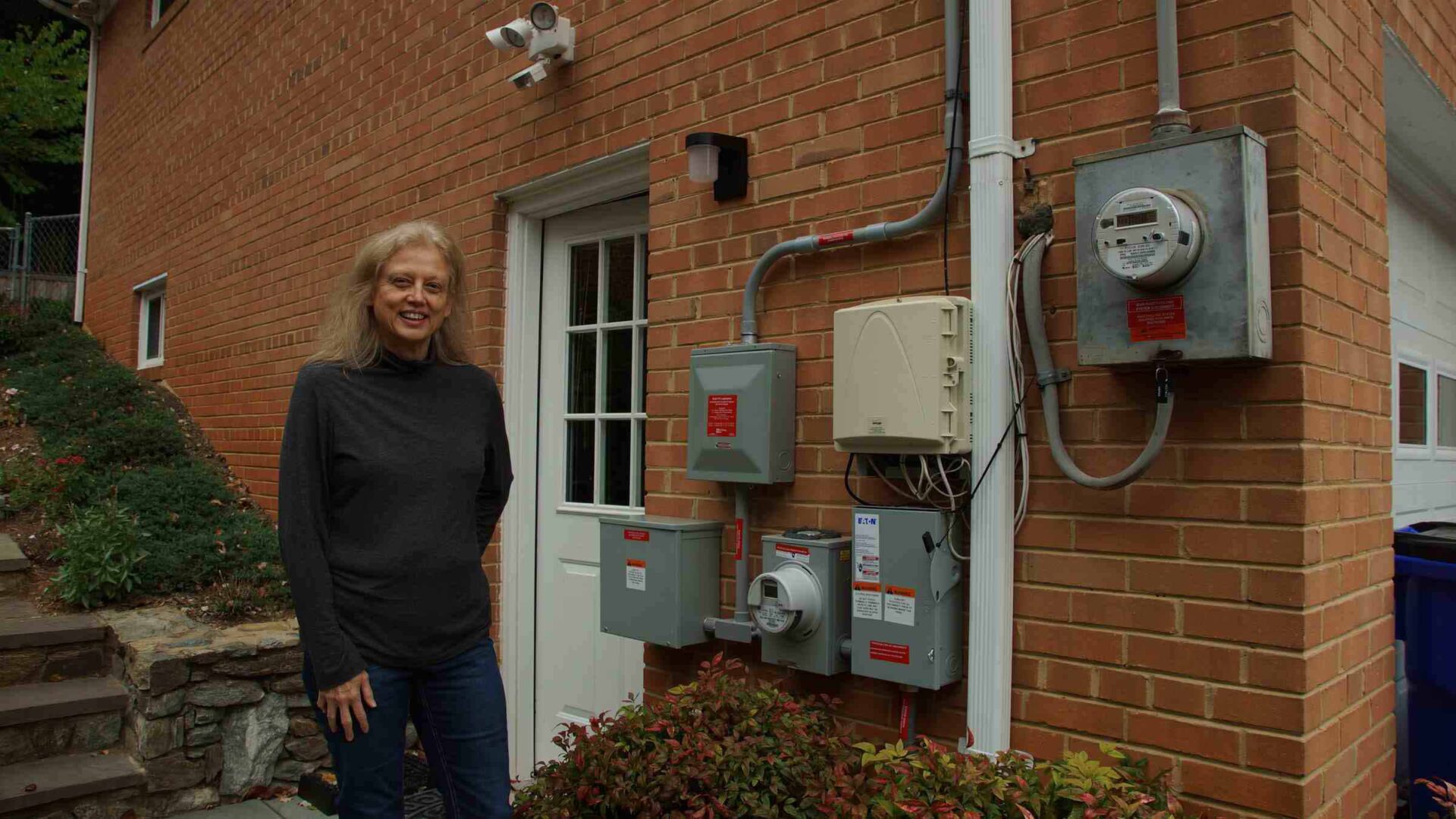Net metering in Colorado
- Factsheet

What is net metering?
Net metering is the policy that allows people with solar to get a credit on their electric bill for the energy they produce from their system.
Net Metering in Colorado
In 2004, Colorado voters passed the country’s first renewable energy standard by public ballot, allowing the Colorado Public Utilities Commission (PUC) to adopt standards for net metering (accrediting the energy one’s solar panels produce) and interconnection with the grid in 2005.
Today, the policy of net metering allows for customers to receive a credit for every kilowatt-hour their solar panels produce at the same price residential customers are charged for electricity, up to 120% of their electricity demand for Investor Owned Utilities (for example, Xcel Energy and Black Hills) or capped at 10 kilowatts for residential for municipal (for example, Fort Collins) and cooperative utilities (for example, electric cooperatives who purchase wholesale power from Tri-State or other power providers). As an example, the Yampa Valley Electric Association, an electric cooperative, provides 1:1 credit for solar up to 100% of production, and then a 3.3 cent credit for generation in excess of 100%.
Any excess kilowatt-hours can be rolled over to the next month’s bill. If the net production of electricity remains above consumption for a calendar year, the utility must reimburse the customer if they don’t elect to roll it over. In March 2018, solar-plus-storage systems were also made eligible for net metering.
Go solar in Colorado!
Get the latest on solar straight to your inbox.
Fight for your solar rights.
Everyone has the right to go solar. Spread the sunshine nationwide and in your local community by taking action, joining events, and more.